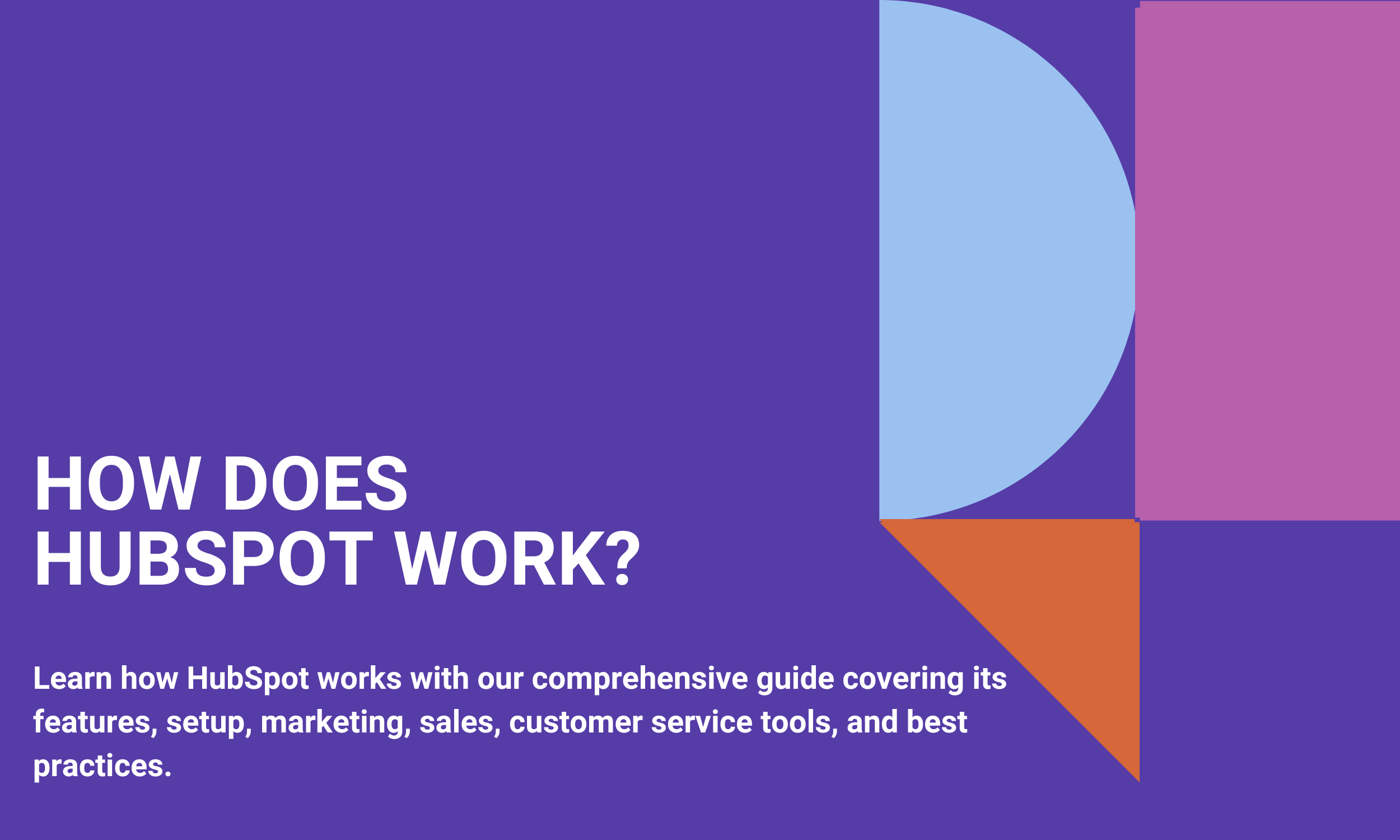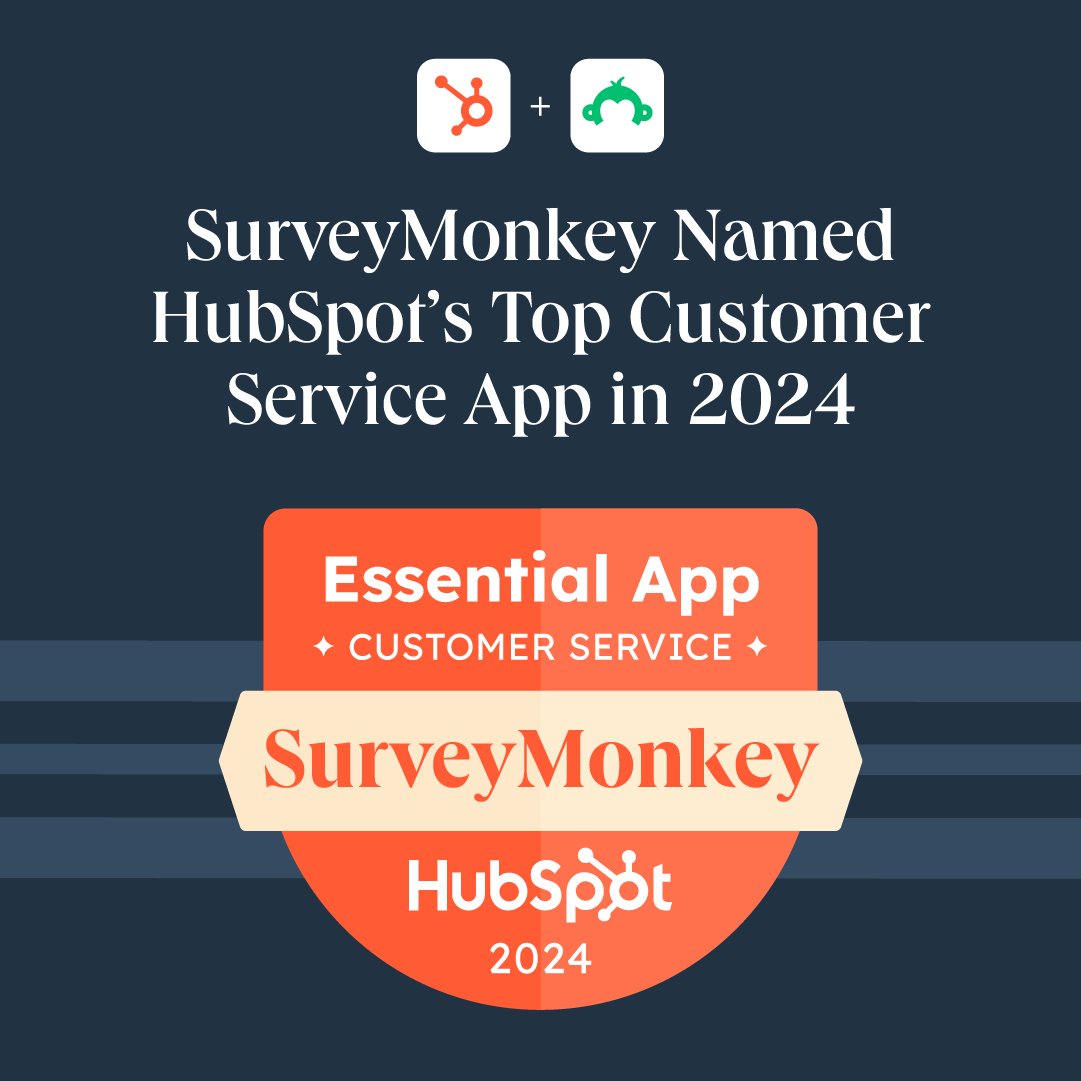HubSpot is better for integrated customer feedback and marketing automation. SurveyMonkey excels in simplicity and specialized survey creation.
Businesses constantly seek effective tools for gathering customer feedback to enhance services and products. HubSpot and SurveyMonkey are two popular options, each with distinct features. HubSpot offers robust marketing tools with integrated customer feedback capabilities, ideal for businesses wanting a comprehensive solution.
SurveyMonkey specializes in survey creation, making it a top choice for straightforward feedback collection. Choosing between them depends on your specific needs: an all-in-one platform with marketing features or a focused, easy-to-use survey tool. Understanding their core functionalities helps you select the best fit for your customer feedback strategy.

Credit: velocitymedia.agency
Hubspot Overview
Hubspot offers a range of marketing tools. These include email marketing, social media management, and content creation. The platform also provides CRM integration. This helps with lead tracking and customer management. Automated workflows make tasks easier. Reporting tools give insights into performance. Customizable templates save time. Mobile app access ensures you stay connected. Customer support is available 24/7. Users get a lot of value from these features.
| Plan | Cost | Features |
|---|---|---|
| Free | $0 | Basic CRM, Email marketing, Ads management |
| Starter | $50/month | All Free features, Forms, Ad retargeting |
| Professional | $800/month | All Starter features, Advanced automation, Custom reporting |
| Enterprise | $3,200/month | All Professional features, Advanced analytics, Custom solutions |
Surveymonkey Overview
Surveymonkey offers robust tools for collecting customer feedback, making it a strong contender against Hubspot. Both platforms provide unique features, but Surveymonkey excels with its specialized survey capabilities.
Key Features
Surveymonkey offers a wide range of features. You can create custom surveys with ease. It has a user-friendly interface. You can use templates to save time. Surveymonkey supports various question types. You can add multiple choice, rating scales, and more. It also provides powerful analytics tools. You can analyze survey results quickly. It offers integration with other platforms. You can connect it to Mailchimp, Salesforce, and more.
Pricing Plans
| Plan | Cost | Features |
|---|---|---|
| Basic | Free | Limited features, up to 10 questions per survey |
| Standard | $32/month | Unlimited questions, data export options |
| Advantage | $99/month | Advanced analytics, A/B testing |
| Premier | $119/month | All features, priority support |
User Experience
Hubspot offers a clean and intuitive interface. Users find it easy to navigate. Surveymonkey also provides a user-friendly experience. It features simple survey creation tools. Both platforms have drag-and-drop functionalities. This makes survey creation quick and easy. New users can adapt quickly to both platforms. Hubspot and Surveymonkey both offer tutorials and guides. These resources help users get started.
Hubspot has a strong customer support system. Users can access 24/7 live chat and phone support. Surveymonkey also offers good support. They provide email and live chat options. Hubspot’s support team is known for being responsive. Surveymonkey users also report positive experiences. Both platforms offer extensive knowledge bases. This helps users find answers quickly.
Integration Capabilities
HubSpot offers seamless integration with various CRM tools, enhancing customer feedback management. SurveyMonkey integrates effortlessly with numerous third-party apps, providing flexibility in feedback collection.
Hubspot Integrations
Hubspot offers a wide range of integrations. It connects with popular tools like Gmail, Outlook, and Slack. This makes it easy to streamline communication. Hubspot also integrates with marketing tools like Mailchimp and social media platforms. This helps in managing campaigns efficiently. These integrations enhance the functionality of your CRM system. Hubspot’s integration capabilities make it a versatile choice for businesses.
Surveymonkey Integrations
Surveymonkey also provides robust integration options. It works well with apps like Google Sheets and Microsoft Excel. This allows for easy data analysis. Surveymonkey integrates with collaboration tools like Trello and Asana. This helps in project management. It also connects with CRM systems like Salesforce. These integrations make Surveymonkey a good choice for collecting and analyzing customer feedback.
Customization Options
Hubspot offers a range of templates. You can easily change colors and fonts. This makes your surveys look professional. Surveymonkey also has many templates. You can drag and drop questions. This is easy for beginners. Both tools allow you to add your logo. This helps in branding.
Hubspot provides detailed reports. You can see charts and graphs. This helps in understanding data quickly. Surveymonkey also has strong analytics. You can filter results based on questions. This makes it easy to find insights. Both tools support exporting data. You can use this data in other software.

Credit: twitter.com
Pros And Cons
Hubspot offers many advantages. It has an easy-to-use interface. You can manage many tasks in one place. It helps with email marketing, social media, and customer support. Hubspot also offers strong analytics and reporting tools. It can be expensive for small businesses. You may need extra training to use all features.
Surveymonkey is great for simple surveys. It has many templates to choose from. Creating and sharing surveys is very easy. You can collect data quickly. It also offers basic analytics. Surveymonkey lacks advanced marketing features. It does not integrate well with other tools. You might need more features for complex tasks.
Use Cases
Hubspot is great for businesses that need an all-in-one marketing tool. It helps in managing email campaigns, social media, and customer data. Companies can track customer journeys and automate workflows efficiently. Hubspot is perfect for sales and marketing teams looking to streamline their processes. It offers advanced analytics to help businesses make data-driven decisions. With Hubspot, integrating with other business tools is easy and seamless.
Surveymonkey excels in gathering customer feedback quickly. It is ideal for creating and distributing surveys with ease. Businesses can use it to collect data from large audiences. Surveymonkey offers customizable templates for various survey needs. It is perfect for market research and customer satisfaction surveys. The platform provides real-time results and detailed analytics. Surveymonkey’s integration with other tools is also simple and effective.

Credit: blog.hubspot.com
Frequently Asked Questions
What Are The Key Features Of Hubspot?
Hubspot offers CRM tools, email marketing, and analytics. It also provides customer feedback tools, automation, and integrations. These features help businesses manage and analyze customer interactions effectively.
How Does Surveymonkey Collect Customer Feedback?
Surveymonkey uses online surveys to collect customer feedback. It offers customizable templates, question types, and analytics. This helps in gathering and analyzing customer opinions efficiently.
Which Tool Is More User-friendly?
Hubspot is generally considered more user-friendly. It has a more intuitive interface and a wide range of tutorials. Surveymonkey is also user-friendly but focuses more on survey creation.
Can Hubspot Integrate With Other Tools?
Yes, Hubspot integrates with many tools. These include CRM systems, social media platforms, and email marketing services. This makes it versatile for various business needs.
Conclusion
Choosing between HubSpot and SurveyMonkey depends on your specific needs. HubSpot offers comprehensive marketing tools, while SurveyMonkey excels in surveys. Assess your priorities and budget. Both platforms provide valuable insights for improving customer feedback. Make an informed decision to enhance your customer experience.


